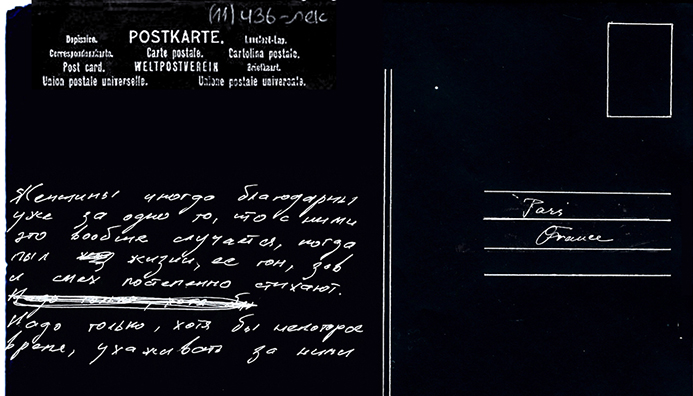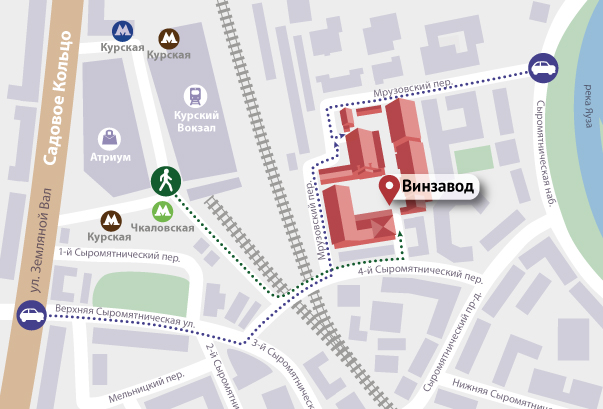In his project «The Industrial Love Affair» Nikolay Onischenko turns to the underdeveloped theme of banalization of people’s relationship in today’s world. He understands «industriality» as human emotions, which have been transformed into a facet of industrial production by mass media and design. Feelings have lost their spontaneity to become mandatory and preprogrammed.
Practitioners and theorists of Productivism once envisaged that design is a field where art and life merge. Indeed, Alexandr Rodchenko, Liubov Popova, Osip Brik, Boris Arvatov, Sergei Tretyakov are those who initiated the large-scale artist’s invasion into everyday life. Yet, the initial intention of art to liberate always turns to its opposite, i.e. commodity fetishism based on a constant need to follow fashion trends and change useless products for the newly designed ones.
Distortedly understood, the ideas behind Productivism have come to their full potential in the phenomenon of lifestyle, when life itself becomes a commodity. There emerges a new, more advanced type of designer, the one who creates not the product, but the entire life, its forms and subjectivities. However, the designer’s motivation is no more a longing for revolutionary liberation from the chains of routine, but the search for income.
The artist himself is a typical representative of the creative class — Nikolay Onischenko works both as an artist and a designer. His project is an instance of extraordinary self-reflection for Russian art.
«The Industrial Love Affair» has been inspired by literature. The project quotes the writings of famous Austrian feminist writer, member of the Communist party and winner of the 2004 Nobel prize in Literature — Elfrida Elinek, who Russian readers know mainly for her novel Die Klavierspielerin. The key themes of the writer’s oeuvre is a failing attempt to overcome the Nazi past by concealing it, and the critique of power hierarchies embedded in society, which is obsessed with profit and consumption.
The artist uses Elinek’s texts in his written messages, which take form of huge post or greeting cards that seem to be intimate revelations sent into the future to no particular recipient. In a sense, art in general becomes a postcard sent by the witness to the impossible. The motifs of the letter, the recipient and the quotation remind of Jacques Derrida’s deconsructivism, which conceptualist art typically refers to. Similar to the philosopher in his late writings, Nikolay Onischenko is interested not in the systematic analysis and reconfiguration of the corpus of metaphysics, but the search for the real hope for the world’s future.






Arseniy Zhilyaev
The project is dedicated to the artist’s trivialization of emotions and their transformation into commodities.
For press